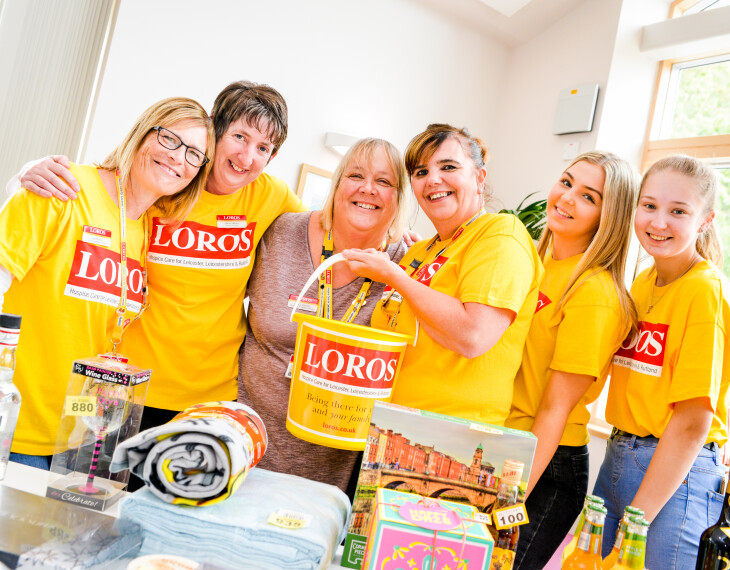Since the beginning of coronavirus, we've been committed to continuing to provide care to those in need. In some cases, social distancing has made this difficult, and we've had to rethink the way we work.
One such service is Home Visiting, which is highly valued by many of our outpatients. In order to continue delivering this support, many of our wonderful Home Visiting Volunteers have retrained into our Telephone Befriending Service.
These calls can be undertaken anywhere and enable patients to have a chat with someone who can offer kindness, compassion, and often, a good giggle too.
Dan Smeeton, Community Volunteer Visiting Services Manager, said, “Our wonderful volunteers were devastated to not be able to visit the patients they are friends with, due to the virus.
“When we asked if they would like to speak to them on the phone or via video call, they jumped at the chance. So any patients that felt they would benefit from a call, have been chatting with our volunteers weekly/fortnightly and even daily, in some cases.
“We know how important this has been for many of those patients, particularly those people who live alone. The feedback has been amazing and this has felt great for our team - to know we are still making a difference.”
Alison, one of our brilliant Telephone Befriending Service Volunteers, says, "There is a lady I call every week who spends every hour of every day with her husband. My job is to listen, take an interest and maybe cheer her up a bit.
"I really feel like I'm helping, she says that she feels so much better after my call."










